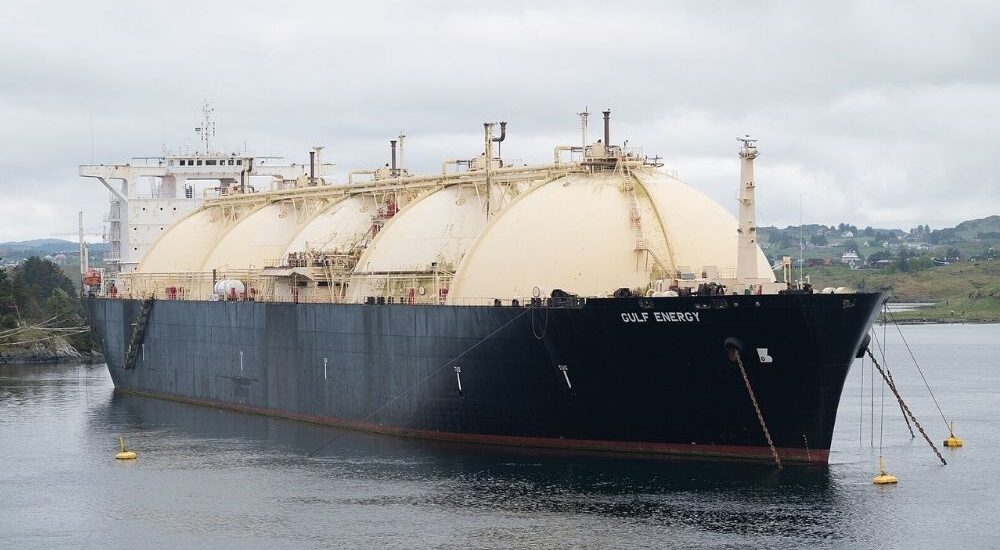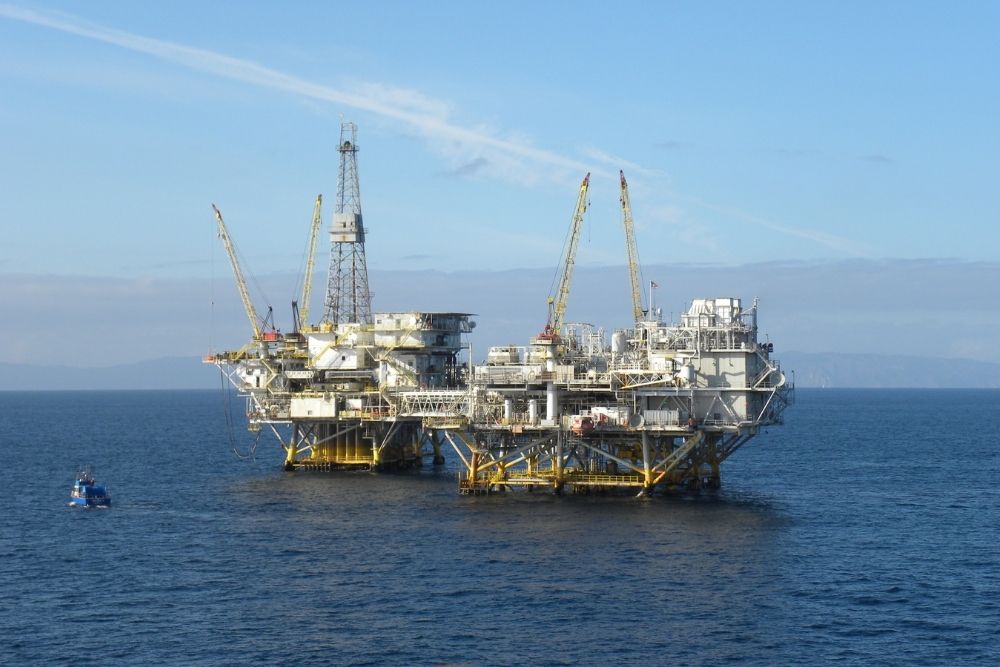Japan’s Mitsui to comply with U.S. sanctions on Russia’s Arctic LNG 2
- September 18, 2023
- Posted by: Quatro Strategies
- Categories: Asia Pacific, Oil & Gas, Sanctions & Regulation, United States

Japan’s Mitsui has affirmed its commitment to complying with restrictions imposed by fresh U.S. sanctions related to Russia’s Arctic LNG 2 liquefied natural gas project, in which Mitsui holds a stake. The company stated that it is aware of the additional U.S. sanctions and remains committed to complying with international sanctions. Mitsui added that it is in communication with its project partners, the Japanese government, and other relevant parties “to discuss next steps.”
However, the new U.S. sanctions do not apply to the Arctic LNG 2 project itself or its shareholders. They primarily target several Russian companies and a UAE firm providing architecture, construction, and engineering services. Additionally, the sanctions apply to a Russian ship construction company that will operate two LNG floating storage units for Arctic LNG transshipments via the Northern Sea Route, as well as to two storage vessels set to operate on the route.
The Arctic LNG 2 project, situated in Russia’s Arctic region, is operated by the Russian company Novatek (NVTK.MM). Mitsui and fellow Japanese firm JOGMEC together hold a 10% stake in the project. While Mitsui has affirmed its commitment to comply with the sanctions, a Japan government source mentioned that these measures could complicate how Mitsui and JOGMEC provide support for the project and potentially cause delays in production from Arctic LNG 2.
Novatek is planning to launch the first production train at the Arctic LNG 2 project towards the end of the year. Under their agreements, Mitsui and JOGMEC are set to receive a combined 2 million metric tons of LNG per year from the project. The nearby Yamal LNG plant, which began operations in 2017, has showcased Russia’s increasing prominence in the LNG sector. The Arctic LNG 2 project is designed to run three production lines with an annual production capacity of 19.8 million tons.
Despite Japan’s condemnation of Russia’s invasion of Ukraine, the country maintains stakes in major fossil fuel projects in Russia, emphasizing energy security. Given that Japan imports nearly all of its energy, it continues to engage with strategic energy projects even amid geopolitical tensions and sanctions.
Interested in learning more?
Sign up for Top Insights Today

Top Insights Today delivers the latest insights straight to your inbox.
You will get daily industry insights on
Oil & Gas, Rare Earths & Commodities, Mining & Metals, EVs & Battery Technology, ESG & Renewable Energy, AI & Semiconductors, Aerospace & Defense, Sanctions & Regulation, Business & Politics.


